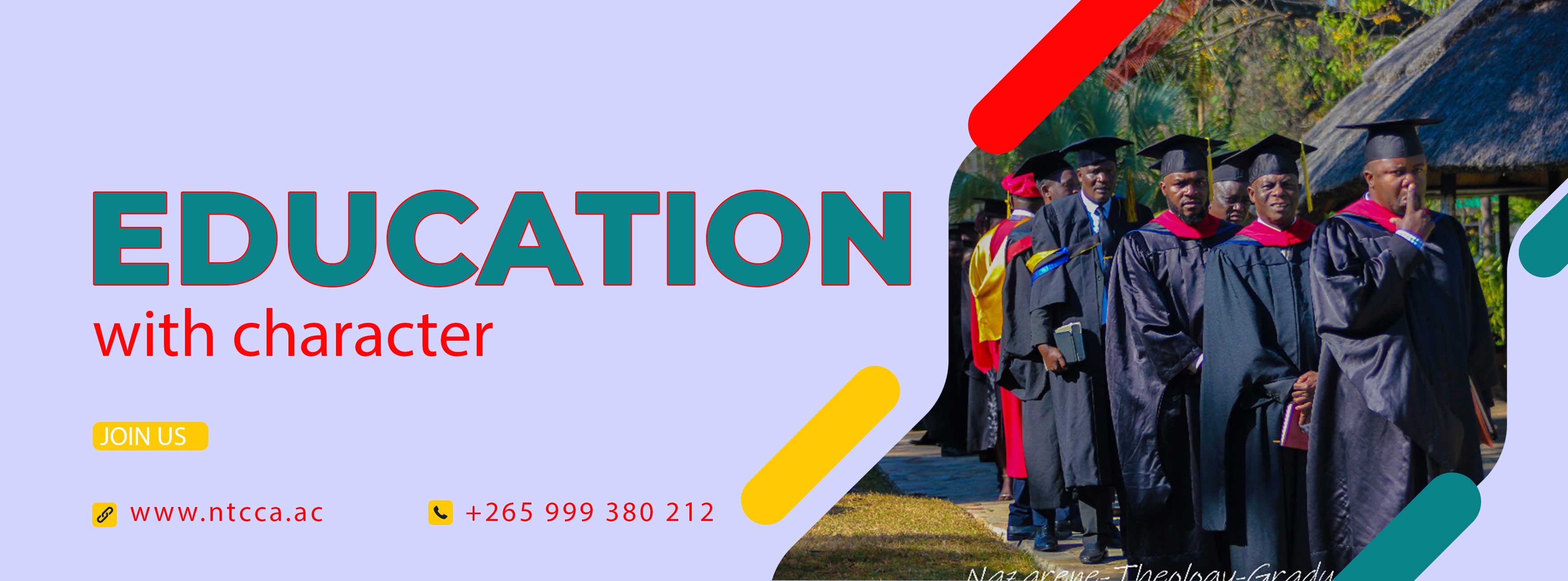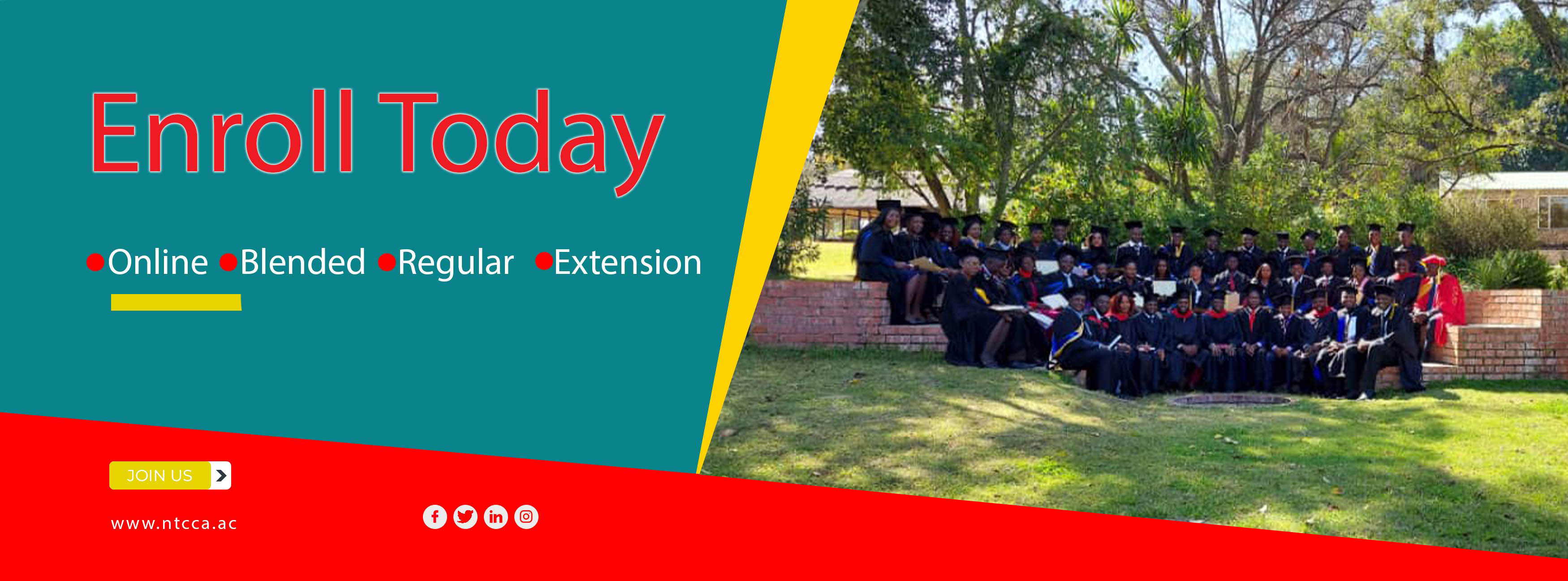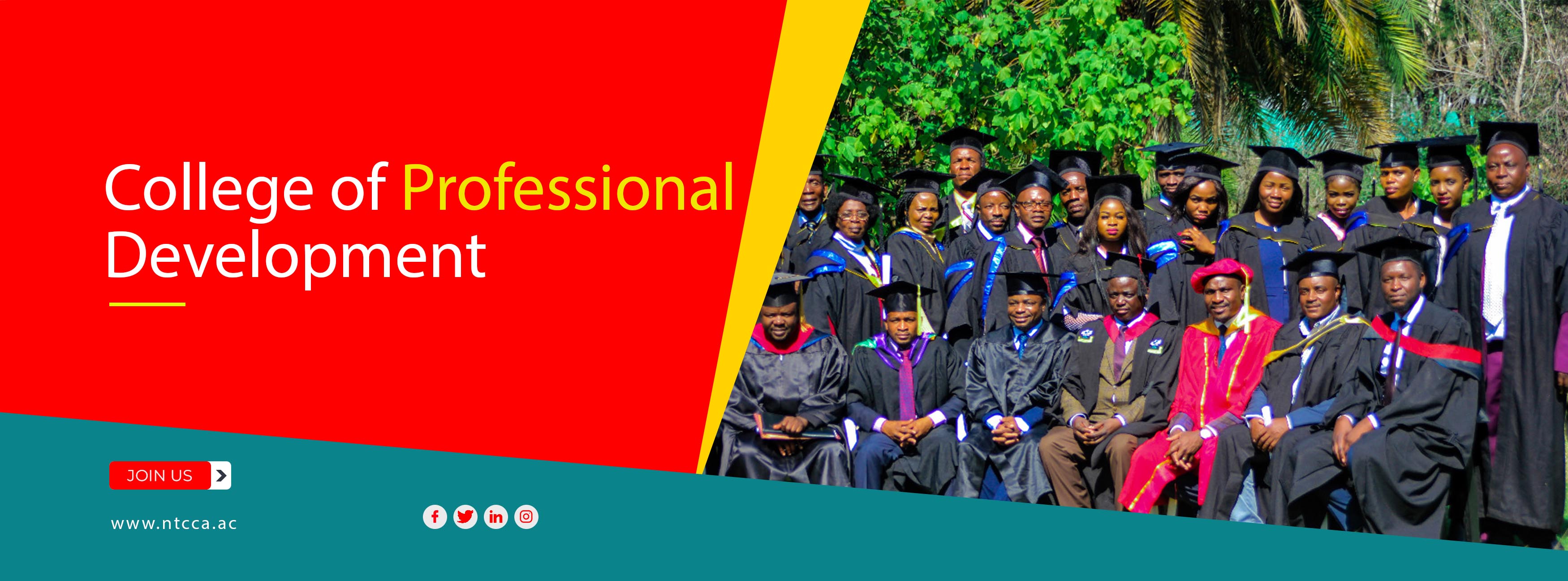Theology is the study of God, God’s character, God’s actions in relation to the cosmos, and especially God’s relationship to humanity (the character and history of humankind) in its responsive relationship to God within the panorama of the world and history, space and time. The breadth and complexity of theology’s subject matter are unrivaled among human sciences. This creates utterly unique challenges for theological reflection. Over the centuries, theology schools have developed ways of organizing this complexity that make theology more manageable. Presently, a common way of approaching this organization is to differentiate theology into four areas of focus. So what are the four types of theology? The four types include biblical theology, historical theology, systematic (or dogmatic) theology, and practical theology. This arrangement was arrived at relatively recently, only settling in as such in the 19th and 20th centuries; the majority of the history of theology there was an assumed fluidity between these four. Rightly so: there is no consideration of the question of God in relation to humanity which does not invite all four of these dimensions of theology. 1. Biblical Theology Biblical theology is the focus on the specific ways that the discreet and unique authorial voices in Scripture reflect on the larger questions of theology and the relationships of actions and activities between God and human creatures. Biblical theology is undertaken by persons who are formed and practiced by their Christian faith, account for the historical currents which feed and flow in and through Scripture, and do so with full awareness of how the particular voices in Scripture rise together as a canonical choir, coordinating together in ways that are ultimately reflected in dogmatic theology. 2. Historical Theology Historical theology, likewise, is undertaken within the practices of faith, paying specific attention to all the movements of human history from the perspective of biblically informed views of space and time, accounting for the dynamic movements of dogmatic theology and the practices of the Church. 3. Systematic Theology The practices and reflections of systematic theology take up the canonical currents of Biblical theology, appropriating the theological voices of history. It does so with the full consciousness that dogmatic theology serves the Church as the people of God in her efforts to live and act faithfully in relation to her Creator, and Lord and Savior in the power of the Holy Spirit. Dogmatic theology’s goal is forming practiced faithfulness. 4. Practical Theology Lastly, practical theology begins with the full consciousness that all the practices of the church and Christians are underwritten by theologies; biblical, historical and systematic. The goal of practical theology is to reflect intentionally on present practices and their ingredient theologies in order to critically discern their shape and character so as to deeper faithful practices, correct those which are sinful, and discern with greater clarity how to live out biblical Christian virtues. The strength of a fourfold organization of theology is its capacity to simplify the overwhelming and demanding complexity of the question of God and humanity; Father, Son and Holy Spirit in all of the Trinity’s relations with human creatures against the backdrop of creation in both time and space. The challenge, and temptation, of this artificial organization within theology schools and otherwise, is to think of any of the four as discreet or independent. Scientific cosmology describes human beings as existing simultaneously in four dimensions: height, length, depth, and time, all of which are implicit and necessary for defining the being and actions of human beings. Likewise, should we think of the necessity and mutuality of the four types of theology? If you are asking questions like “What are the four types of theology?”, you might be looking for a theology school. Grace College and Theological Seminary explores all four types of theology under the instruction of expert faculty mentors.
Theology












